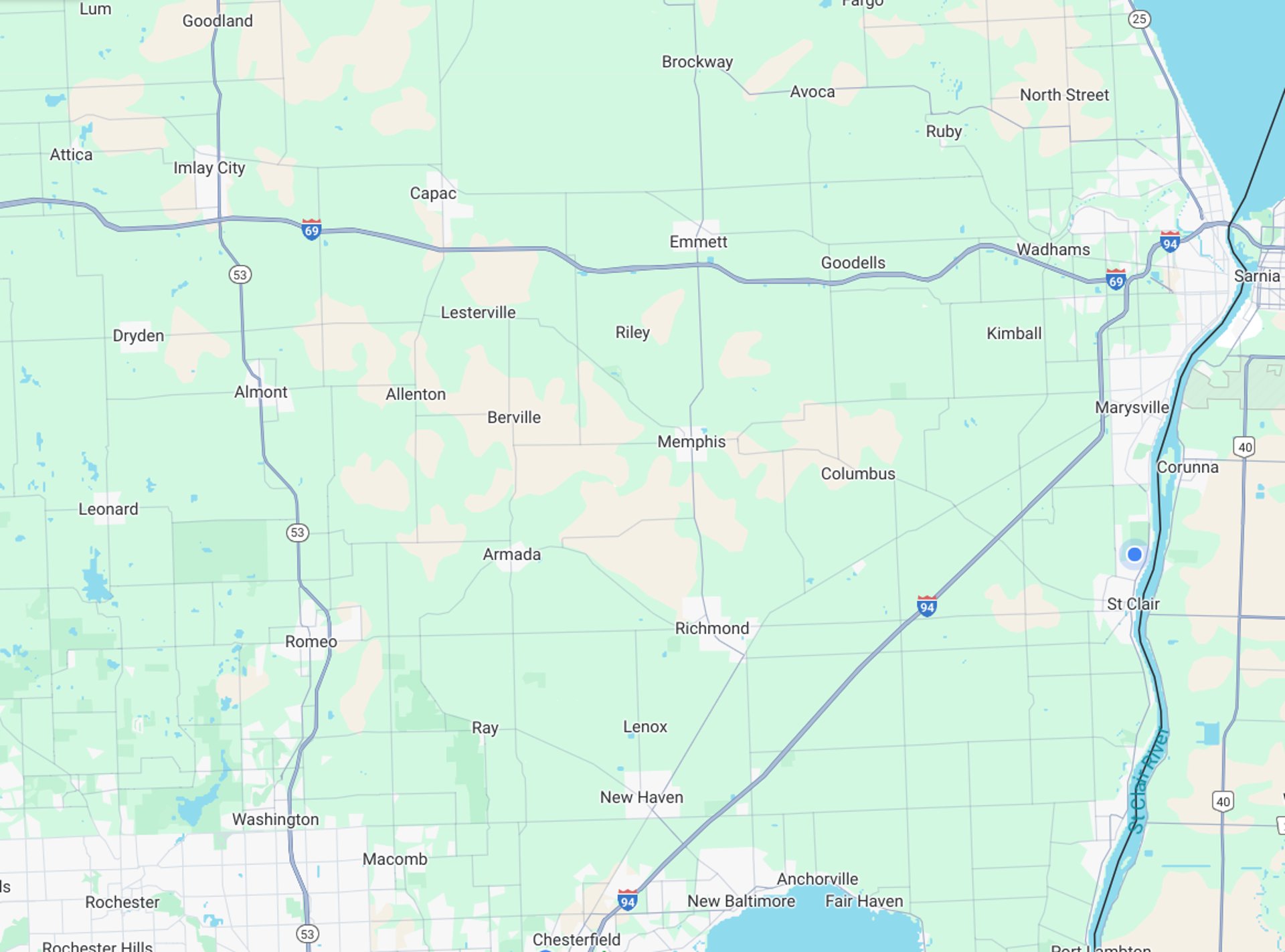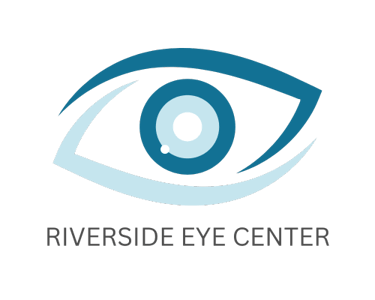
Welcome to
Riverside Eye Center
You'll see the difference with expert vision care
EYE CARE
WITH A
PURPOSE
At Riverside Eye Center, we are committed to providing exceptional eye care with a personal touch. As the leading choice for vision care in the Blue Water area, our team of compassionate and highly skilled eye doctors is dedicated to helping you see clearly and live fully. We combine the latest technology with a patient-centered approach, ensuring that every visit is thorough, informative, and tailored to your unique needs. From comprehensive eye exams to advanced treatments for cataracts, glaucoma, dry eye disease, and other conditions, we use the latest diagnostic tools and procedures to deliver precise and effective care. Whether you’re due for a routine check-up or seeking specialized care, you can trust Riverside Eye Center to be your partner in lifelong eye health. Because when it comes to your eyes, only the best will do—and that’s exactly what you’ll find here.

I would like to thank Dr. E. Michael Balok, MD at Riverside Eye Center, East China, Michigan for the outstanding results of my cataract surgery. I would like to compliment the entire staff for making my cataract surgery a positive experience. I have to say that every staff member that I had interactions with were informative, courteous, friendly and treated me with the utmost respect and professionalism. The area where the surgery was performed, Port Huron Hospital, had the appearance of being run by a truly professional group. By the actions of the entire surgical team, you could tell they were honestly concerned about my well being. It is not uncommon for any individual to be at least a little nervous when having any surgical procedure performed. However, the entire team made the procedure seem so simple by explaining all the steps of the surgery. More importantly, after the procedure was completed they made a special effect to explain the proper actions that I needed to follow before I was allowed to go home. Afterwards, at Riverside Eye Center, I especially like how cheerfully and professionally I was treated by the office staff for my after-surgery check-up. Not only were the results great, but the care and attention I received were excellent. I no longer need glasses because my eyesight is 20/20 for the first time in my life. You and your entire staff are true “ HEALTH CARE PROFESSIONALS. ps. When it comes time to have Cataract Surgery performed, I would definitely contact Dr. Balok, MD and all the STAFF PROFESSIONALS at Riverside Eye Center, P.C.
Joseph R.
I was having issues with the sight in my right eye. Having had cataract surgery 12 years before, I was concerned that maybe the lens had come loose causing the blurred vision I was experiencing. I called the office of the eye care provider I've been seeing since my surgery and they kind of blew it off as nothing to be concerned about. They gave me an appointment that was a month away! I was still concerned and upset that I had to wait so long for care. I called Riverside Eye Center and explained the situation. They set up an appointment for the very next morning! Everyone was very friendly and informative and Dr. Balok addressed the issues I was having. Everything is back to normal. Needless to say, Riverside Eye and it's providers are who I will be seeing for all further care.
Nancy B.
★★★★★
★★★★★
Patient Reviews

© 2025. All rights reserved.
